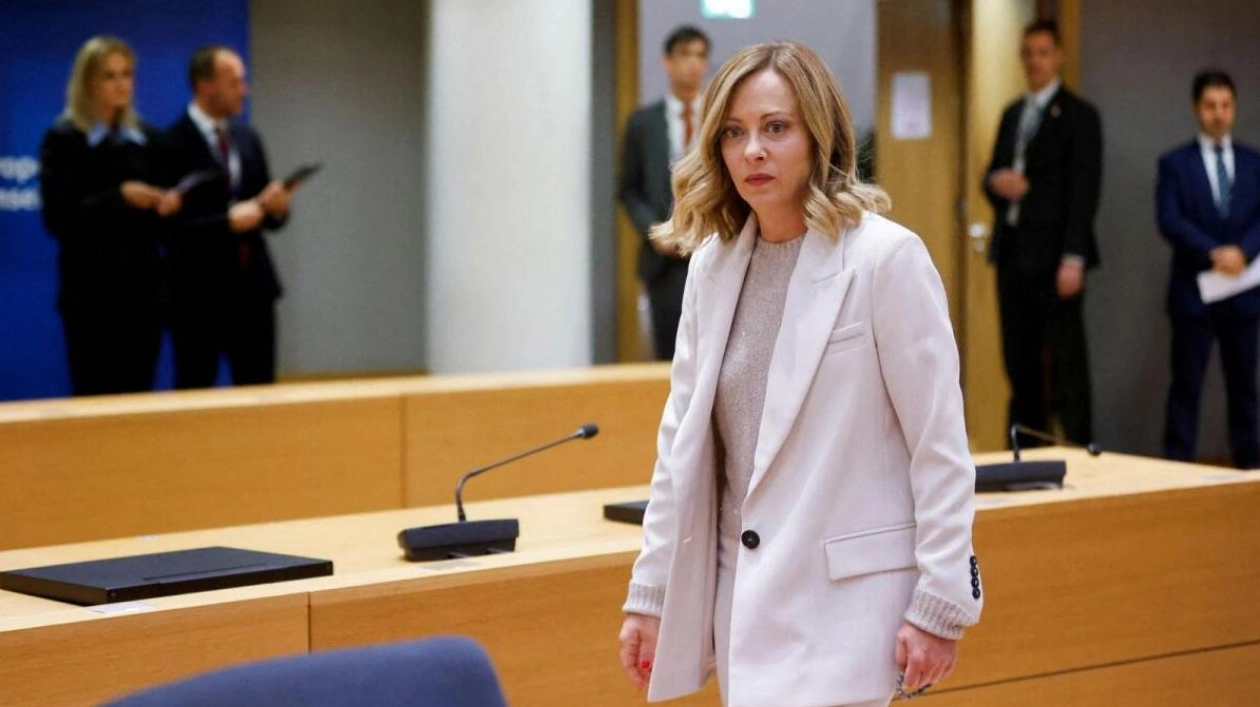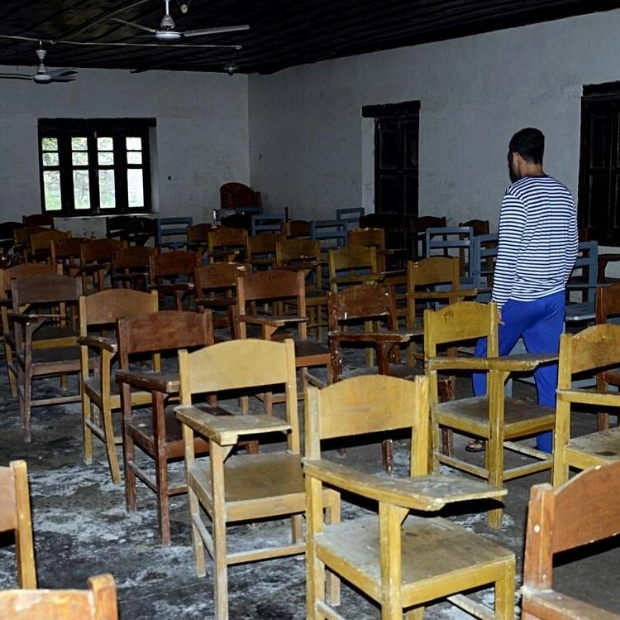An ambitious revision of the Italian constitution aimed at enabling the direct election of a prime minister secured approval from the Senate on Tuesday, marking the beginning of what could be a tumultuous journey towards enactment. Prime Minister Giorgia Meloni has strongly advocated for this reform, labeling it 'the mother of all reforms'. However, it encounters staunch opposition from various parties and will likely require a referendum. The proposal stipulates that the prime minister would serve a five-year term, and the coalition backing the winning candidate would receive at least 55% of parliamentary seats to ensure a functional majority in both houses. Meloni's right-wing coalition argues that this new law will curb Italy's long-standing political instability, which has seen nearly 70 governments since World War Two, and enhance the country's democratic processes. Critics warn that the bill might lead to disorder, as voters could support a prime minister from one party while electing lawmakers from another. Israel experimented with a similar system in the 1990s but abandoned it due to its failure to deliver promised stability. Former Prime Minister Mario Monti cautioned the Senate that the bill would diminish Italy's capacity to swiftly address major crises, such as the 2011 financial crisis when he was appointed by the then-president. 'The reform will eliminate the flexibility that has occasionally been beneficial in Italy's emergencies,' he stated. Past efforts to establish a more stable system in Italy have faltered due to diverse perspectives, and there is no certainty that this bill will become law. Constitutional amendments require approval by both houses of parliament twice, needing a two-thirds majority for the final votes. If not achieved, a referendum is mandated, which often fails, as seen in a 2016 attempt. The Senate vote on Tuesday resulted in a 109 to 77 majority. 'This reform is crucial for us; it bolsters democracy and freedom against any totalitarian or extremist inclinations,' remarked Maurizio Gasparri, a senator from the ruling Forza Italia party, which unsuccessfully attempted to revise the constitution in 2006. Meloni has pledged vigorous campaigning for the reform, asserting that technocratic governments should no longer be imposed on the country, as occurred during the COVID crisis in 2021 when Mario Draghi, former European Central Bank chief, became premier. Nonetheless, she has indicated she would not resign if the eventual referendum, expected in 2025, results in a loss.

Text: Lara Palmer
18.06.2024
Reform aims to end political instability but faces opposition and potential referendum





